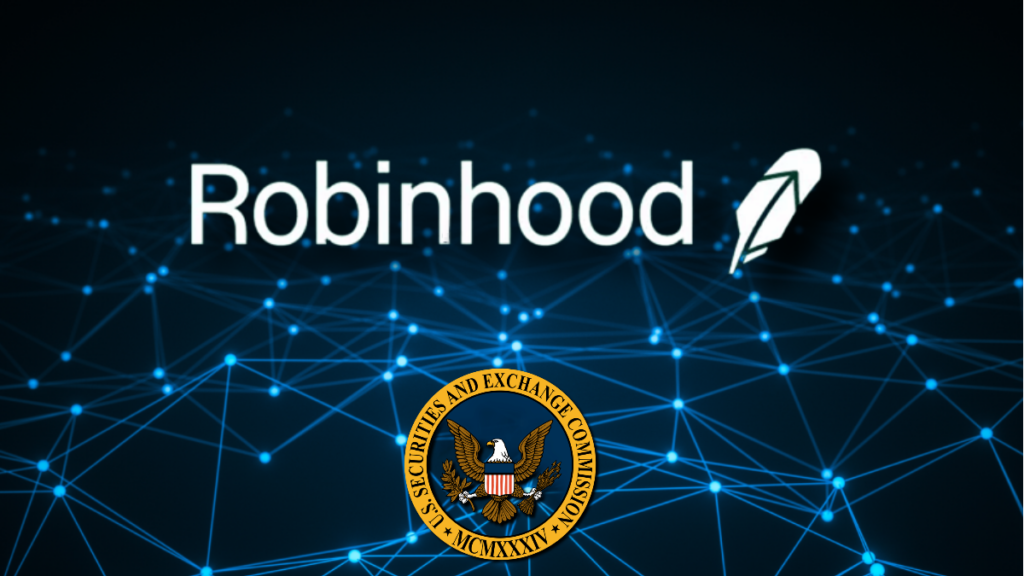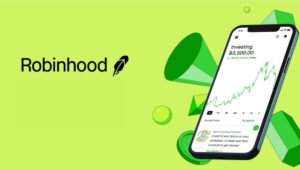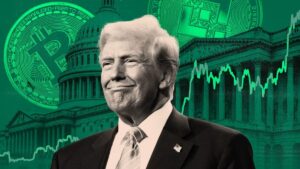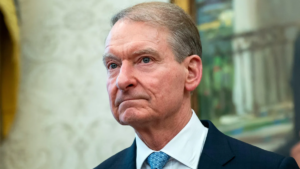TL;DR
- Robinhood has submitted a 42-page proposal to the SEC to establish a national legal framework for tokenizing real-world assets such as Treasury bills and real estate.
- The initiative aims to revolutionize Wall Street by merging the speed of traditional finance with the transparency of blockchain.
- If approved, it could pave the way for a $30 trillion onchain market by 2030.
In a move that could reshape the future of financial markets in the United States, Robinhood has formally submitted a proposal to the Securities and Exchange Commission (SEC) to create a federal regulatory framework for the tokenization of real-world assets (RWAs). The proposal includes the issuance and trading of assets such as government bonds and real estate on public blockchains, signifying a direct integration of Wall Street with the crypto ecosystem.
This proposal is not just a regulatory patch, it’s a complete redesign of the legal architecture that governs financial assets. Robinhood proposes that tokens representing traditional assets be legally recognized as equivalent to their physical counterparts, thus eliminating the need to categorize them as derivatives or synthetic instruments. This change would reduce system duplication and clarify ownership rights in digital environments.
A Platform for the Future: Real World Asset Exchange
Robinhood has also unveiled the blueprint for its upcoming platform, the “Real World Asset Exchange” (RRE). This platform would combine off-chain trade matching for speed with on-chain settlement for transparency. Furthermore, it would integrate advanced identity verification and anti-money laundering (AML) protocols through partnerships with Jumio and Chainalysis, reinforcing its compliance with global financial security standards.
This move positions Robinhood as a key player in the evolution of regulated decentralized finance. Its pragmatic approach highlights that true innovation doesn’t lie solely in the token itself, but in the trust infrastructure that enables those tokens to operate seamlessly within the formal financial system.
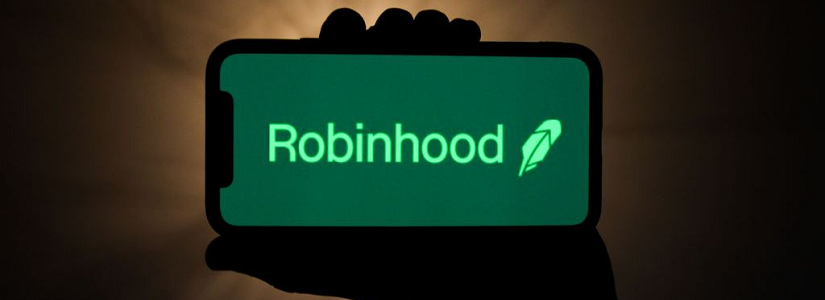
A Key Step Toward Mass Adoption of Tokenized Assets
According to analysts, the tokenization of RWAs could become a $30 trillion industry by 2030. With this initiative, Robinhood is aiming for the United States to take the global lead in adopting cutting-edge financial technologies. If the SEC approves this proposal, it would not only set a significant legal precedent but also open the door to real integration between traditional finance and the blockchain world.
Tokenization holds the promise of democratizing access to previously restricted assets, enabling near-instant settlement, and elevating transparency to unprecedented levels. Robinhood clearly understands that the future of finance is onchain, and it’s ready to lead the way.


